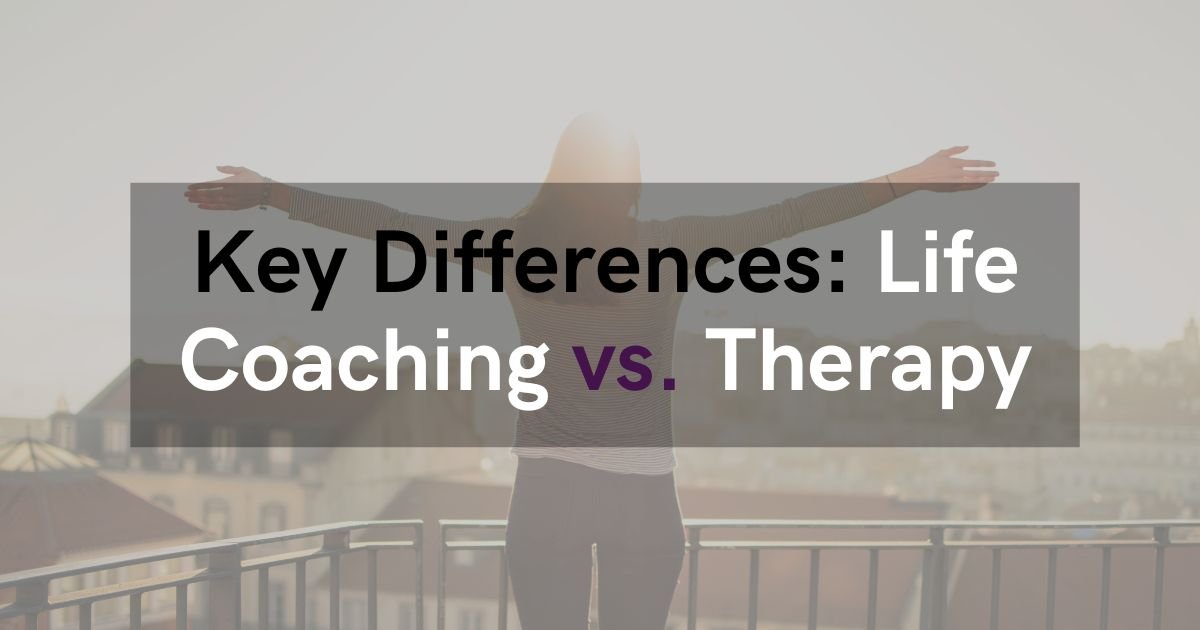For centuries, society has dictated what it means to be a man. Strength, resilience, and stoicism have been glorified, while vulnerability, emotional expression, and seeking help were seen as weakness. From a young age, boys are conditioned to suppress their emotions, to believe that crying is a sign of weakness, and to measure their worth by their ability to provide and protect rather than connect and nurture.
How often have you heard a man say, “I’m fine,” when he’s clearly not? How often have you done it yourself? Society teaches men to be strong, independent, and resilient. But somewhere along the way, “strong” became synonymous with “silent,” and “independent” started meaning “alone.” The truth is that many men are struggling—but they don’t talk about it. They don’t seek help. And that’s exactly why men’s coaching is more important than ever.
The Emotional Cost of Suppressing Feelings
Many men, due to societal conditioning, have grown up bottling their emotions. The phrase “man up” has been used as a weapon, reinforcing the idea that vulnerability is a flaw. But emotions don’t just disappear emotions get suppressed or repressed and they leak out when we least expect it. They appear in other forms—anger, frustration, aggression, and even physical sickness. An NIH research has tied emotional suppression to higher stress, anxiety, depression, and even heart disease.
Men who struggle to express their emotions often face challenges in relationships. When emotions are buried, communication suffers. Partners feel unheard, children grow up with emotionally distant fathers, and friendships remain surface-level. Emotional intelligence is not merely a skill; it is the very basis of meaningful and satisfying relationships.
The Strength in Vulnerability
Vulnerability is often mistaken for weakness, but in reality, it is a profound act of courage.It requires strength to admit fear, to show sadness, to ask for help. And when men surrender to their vulnerable side, it creates space for connection, understanding, and healing.

Men’s Coaching assists men to escape masculine conditioning. It guides them to not only acknowledge their emotions but to truly understand and express them in a healthy way. Rather than numbing or suppressing their feelings, it equips them with tools to process and channel emotions constructively, fostering resilience and deeper connections. Masculinity was never meant to be disconnected—it’s cultural conditioning that has shaped it this way. Our approach helps men reclaim a more integrated and authentic version of masculinity.
Emotional Intelligence: The Key to Better Relationships
Emotional intelligence is the heart of Men’s coaching. Emotional intelligence is the ability to recognise, understand, and manage one’s emotions while also being attuned to the emotions of others. It plays a crucial role in relationships, career success, and personal fulfilment.
Men with high emotional intelligence:
- Communicate more effectively
- Handle conflicts with maturity.
- Show empathy and understanding.
- Form deeper, more meaningful relationships.
- Lead with compassion rather than control.
Emotional Intelligence Coaching helps men develop these skills by guiding them through self-awareness, active listening, and emotion regulation. The result? More fulfilling relationships, stronger personal and professional connections, and a deeper sense of self-worth.
The Role of Coaching in Redefining Masculinity
Men’s coaching provides a safe and supportive space for men to unlearn outdated beliefs and build a healthier, more balanced identity. It challenges the rigid expectations that have long defined masculinity and replaces them with a more emotion-centred approach.
Building a Future of Emotionally Healthy Men
The impact of men’s coaching goes beyond individual growth—it creates a ripple effect. When men redefine masculinity, they influence their families, workplaces, and communities. They become role models for the next generation, showing boys that being a man isn’t about hiding emotions but about embracing them with strength and wisdom.
Fathers who practice emotional intelligence raise emotionally secure children. Partners who communicate openly build deeper and more intimate connections. Leaders who lead with empathy create healthier work environments. The transformation of one man leads to the transformation of many lives.
The Journey Starts Here
The journey of redefining masculinity is not only about individual development; it’s about creating a cultural shift. Men’s coaching plays a key role in this transformation, helping men explore their emotions, challenge societal norms, and build healthier relationships. By addressing the root causes of emotional suppression, coaching helps men reconnect with their true selves and understand their emotions on a deeper level.
Men’s coaching also helps build community. It provides a safe space for men to open up about their difficulties, rejoice in their triumphs and offer one another care without casting judgment. This community is vital in disrupting the loneliness cycle that many men find themselves in.
Our mission is to redefine what masculinity means today while forging a path towards tomorrow built on emotional health and well-being for all.
We at Nibana believe in elevating men to become the better version of themselves—not by conforming to outdated norms but rather by embracing their truths. Through guided coaching, emotional intelligence training, and deep introspection, we help men break free from limitations and step into a future where masculinity is defined by authenticity, emotional well-being, and meaningful relationships.
It’s time to break the cycle. It’s time to embrace a new definition of masculinity—one that fosters emotional intelligence, strengthens relationships, and creates a better tomorrow for everyone.
Are you ready to redefine what it means to be a man? Schedule a call with us today and start your transformation.









